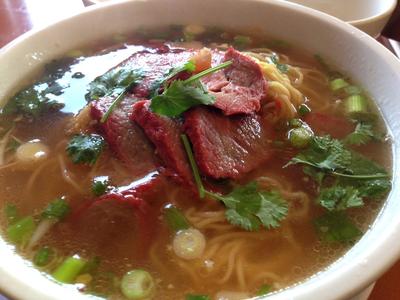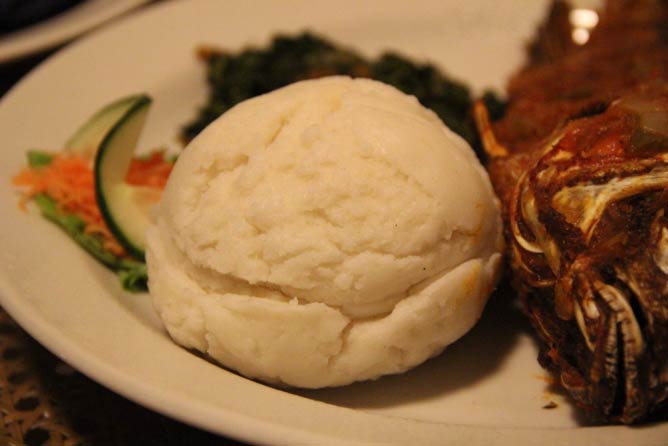Introduction to Burundian Street Foods
Burundi, a landlocked country in East Africa, is known for its rich culture and beautiful landscapes. One of the highlights of Burundi that tourists must experience is its vibrant street food scene. Burundian street food is a mix of African and Arabic influences, creating a unique and flavorful cuisine. From savory samosas to sweet potato fritters, Burundi has a variety of street foods that will satisfy any palate.
Street food vendors can be found in every corner of Burundi, from busy marketplaces to quieter neighborhoods. Burundians take pride in their street food, and many of the recipes have been passed down through generations. Most street foods are affordable and convenient, making them a popular choice for locals and tourists alike.
Sambusa: The Burundian Samosa
Samosas, or sambusas as they are called in Burundi, are a staple street food in the country. These triangular-shaped pastries are filled with a mixture of minced meat, vegetables, and spices, then deep-fried until crispy. Samosas are often served with a spicy dipping sauce on the side. They are a popular snack for people on-the-go and can be found in most street food vendors.
Ibiharage: Burundi’s Bean Appetizer
Ibiharage is a traditional Burundian bean dish that is often served as an appetizer. The dish is made with red kidney beans, onions, tomatoes, and spices, giving it a rich and flavorful taste. It is usually served with bread or chips, making it a perfect street food to enjoy while walking around the city. Ibiharage is also a popular side dish in Burundian cuisine and is often served with rice or meat dishes.
Kachumbari: Burundi’s Fresh Salad
Kachumbari is a fresh and flavorful salad that is commonly found in Burundian street food stalls. The salad is made with diced tomatoes, onions, and chili peppers, then seasoned with salt and lemon juice. Kachumbari is a perfect accompaniment to grilled meat skewers or samosas. It is also a healthy option for those looking for a nutritious snack.
Imigati: Burundi’s Grilled Skewers
Imigati is a popular street food in Burundi made of grilled skewered meat. The meat is marinated in a blend of spices, including ginger, garlic, cumin, and coriander, then grilled over charcoal. Imigati is often served with kachumbari or a spicy dipping sauce on the side. It is a delicious and protein-packed street food that is perfect for meat-lovers.
Mtori: Burundi’s Spiced Meat Soup
Mtori is a spicy meat soup that is a popular street food in Burundi. The soup is made with beef, plantains, and a blend of spices, including cinnamon, cardamom, and cloves. The meat is simmered in the spiced broth until it becomes tender and flavorful. Mtori is often served with a side dish of rice or bread, making it a hearty and satisfying street food.
Ubwabwa: Burundi’s Sweet Potato Fritters
Ubwabwa is a sweet potato fritter that is a popular street food in Burundi. The fritters are made with mashed sweet potatoes, flour, sugar, and spices, then deep-fried until golden brown. They are often served as a dessert or a snack and can be found in most street food vendors. Ubwabwa is a delicious and sweet street food that is perfect for those with a sweet tooth.
Conclusion: Exploring Burundi’s Street Food Scene
Burundi’s street food scene is a vibrant and diverse mix of flavors and cultures. From savory samosas to sweet potato fritters, there is something for everyone to enjoy. Street food vendors can be found all over the country, and locals and tourists alike flock to them for a taste of Burundian cuisine. Exploring Burundi’s street food scene is a must for anyone visiting the country, as it is a great way to experience the culture and cuisine of this beautiful East African country.



